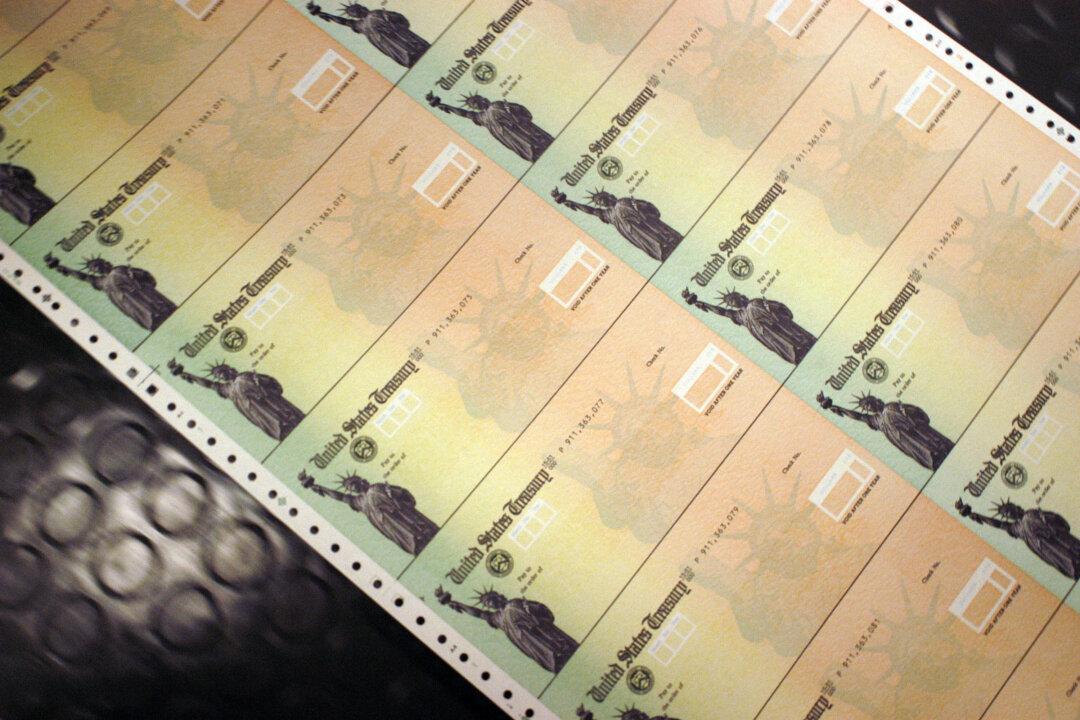Americans who have past dues on child support will not be receiving a direct cash payment that was authorized by Congress on Friday amid the CCP virus pandemic.
Owing other types of debt to the government or back taxes will not disqualify people from receiving a check, said Sen. Chuck Grassley (R-Iowa), the head of the Senate Finance Committee.





